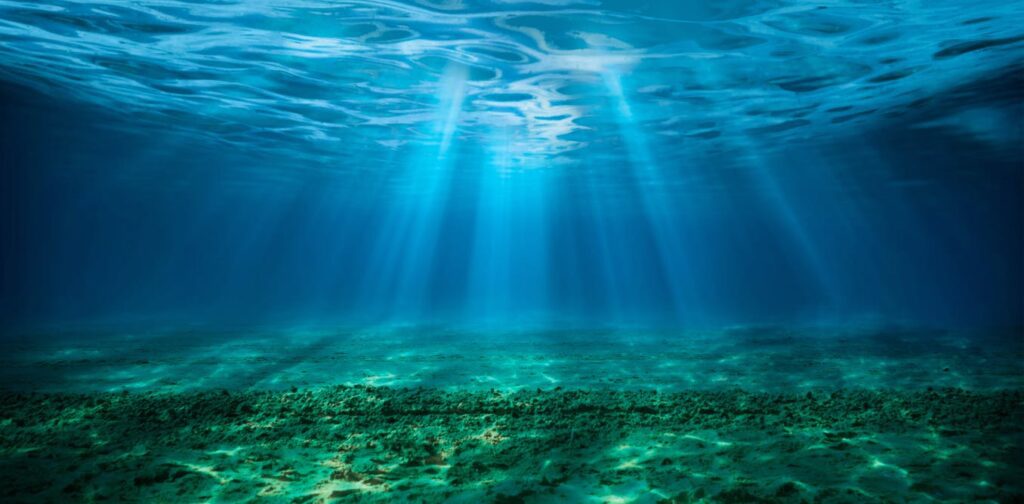Pacific Island countries have recently emerged as leaders in global climate action, viewing sea level rise as a critical threat. However, tensions are rising over the controversial practice of deep-sea mining, pursued by nations like Nauru, Cook Islands, Kiribati, and Tonga for potential economic benefits. In contrast, countries such as Fiji, Palau, and Vanuatu advocate for moratoriums due to environmental concerns.
Public opinion varies, balancing potential economic gains against ecological risks. Deep-sea mining targets valuable mineral deposits but poses severe threats to marine ecosystems, which are already poorly understood and slowly recovering from damage.
Despite the anticipated economic benefits—estimated at $30 trillion—there are significant challenges. Mining’s environmental impact, as witnessed in Papua New Guinea’s troubled Solwara-1 project, raises alarms. Opposition has gained momentum, led by youth groups and civil organizations advocating for a ban.
The pursuit of deep-sea mining risks fracturing the Pacific’s unified stance on climate action, potentially undermining the region’s moral authority on environmental issues. As this situation evolves, it will significantly influence how the global community perceives the Pacific’s voice in ocean conservation and climate discussions.
Source link


